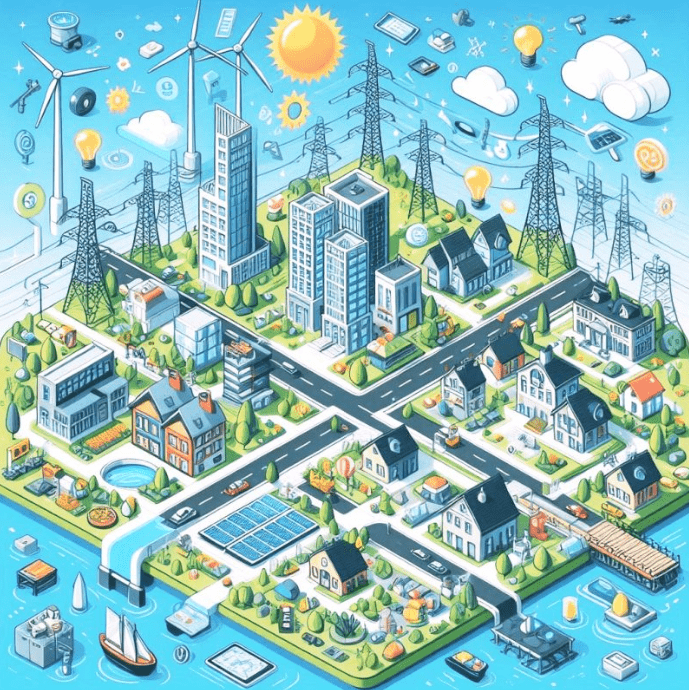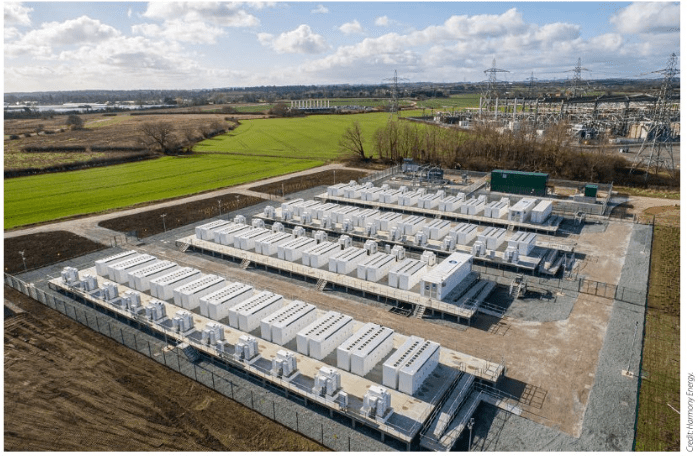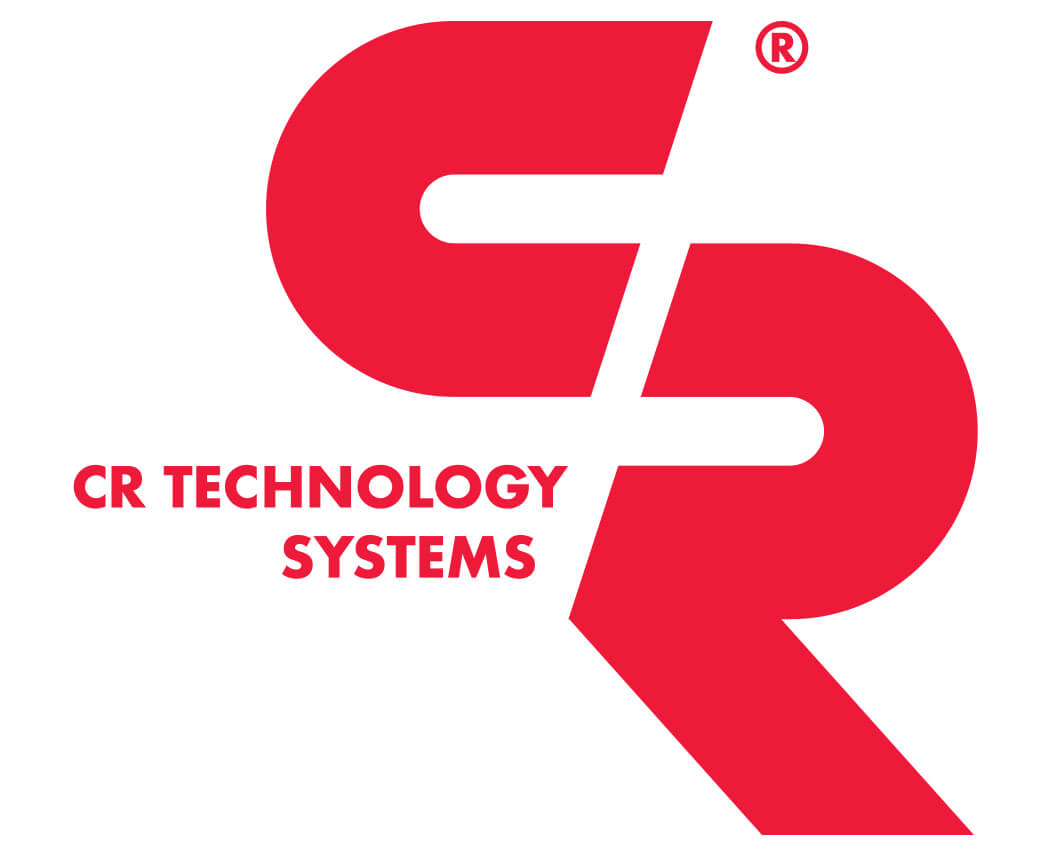Smart grid represent the evolution of traditional electricity grids. They integrate advanced digital technologies, sensors, automation and communication systems to improve the efficiency, security and sustainability of electricity supply. These networks enable more dynamic and responsive management, facilitating the integration of renewable energy and the active participation of consumers. In a context of growing energy demand and need to reduce CO2 emissions, smart grids are crucial to ensuring a sustainable and resilient energy future.
The concept of Smart Grid was born from the new model of decentralization of energy production, based on Distributed Generation and the creation of small plants, consisting of microgeneration systems powered by renewable sources.
In this scenario, digitalization becomes even more important: the plant automation, through data collection system like SCADA and the integration of smart sensors, allows to optimize the energy management in a flexible manner.
Smart grid includes a set of information, which supports the electricity distribution network with the aim of “smart” management, to optimize energy distribution and to avoid waste.
Another significative revolution concerns the distribution and consumption of electricity, which is now bilateral: the user non è più solo un consumatore passivo di un servizio a pagamento, ma può partecipare attivamente al sistema elettrico. Emerge così la figura del “prosumer”, che produce e utilizza la propria energia.

Smart grid advantages
Here some of the advantages of smart grids:
- Optimal, digitized, and secure management of electrical energy
- Minimization of waste and losses during energy transit
- Dynamic and widespread management
- Greater network stability
- Self-repair: thanks tLe concept de Smart Grid est né du nouveau modèle de décentralisation de la production d’énergie, basé sur la production distribuée et la création de petites installations, composées de systèmes de microgénération alimentés par des sources renouvelables.
- Dans ce scénario, la numérisation devient encore plus importante : l’automatisation des installations, grâce à des systèmes de collecte de données tels que SCADA et à l’intégration de capteurs intelligents, permet d’optimiser la gestion de l’énergie dans un environnement flexible.o embedded sensors, real-time systems, and automatic control systems to anticipate, detect, and respond to system issues, a smart grid avoids or reduces overcurrent problems or power outages
- Modularity of supply based on demand
- Reduction of costs for consumers
- Easier access to energy
European and world goals
Globally, the transition toward smart grid is driven by ambitious goals of sustainability and innovation. The European Union, with the “Fit for 55” package, aims to reduce greenhouse emissions by 55% by 2030. Smart grids are a key element to achieve these goals, facilitating the integration of renewable energy, improving energy efficiency and reducing network losses. Even at the global level, organizations such as the International Energy Agency (IEA) underlines the importance of smart grids for the global energy transition, promoting international investments and collaborations.
The energy transition must be taken as an opportunity in different ways: new business opportunities, the opportunità di business, the fight against climate change, the creation of new professional figures and jobs.
The role of C.R. Technology Systems
In this context of innovation, C.R. Technology Systems plays a key role in providing smart grid solutions. It is committed to developing and implementing advanced technologies that improve the management and distribution of electrical energy, while supporting the transition to a more sustainable energy system.
We supply automation and control systems, smart sensors and solutions for the protection of electrical grids, contributing to the creation of safer and more efficient systems, and trying to provide the customer with alternative solutions to ensure the greatest possible continuity of service.
Thanks to the listening and analysis of the market needs, C.R. Technology Systems is embracing more and more innovative solutions, including Battery Energy Storage Systems (BESS).
BESS systems and alternative energy
A key element of smart grids is the integration of Battery Energy Storage Systems (BESS) and alternative energies. These systems allow energy from renewable sources, such as solar and wind, to be stored for use when needed, improving grid stability and flexibility.
C.R. Technology Systems is at the forefront of providing solutions for integrating renewable energies and BESS systems, offering technologies that enable optimal energy management and help reduce environmental impact.
Smart grid are the future of energy management, offering innovative solutions to face the challenges of sustainability and energy safety. With the help of companies such as C.R. Technology Systems, it is possible to construct more efficient, safe and sustainable electrical grids, granting a greener and more resilient future for all.
Case study – The biggest BESS plant in Europe
Have a look to our project in Pillswood, where we constructed and provide an eHouse for the largest BESS system in Europe, in terms of MWh.The E-House is a crucial component of the BESS plants. It provides a safe and reliable way to connect the battery storage system to the grid, ensuring that the system can be operated efficiently.

